Stimuli-sensitive drug carriers can aid in the treatment of diabetes as glucose biosensors and glucose-triggered insulin delivery systems.
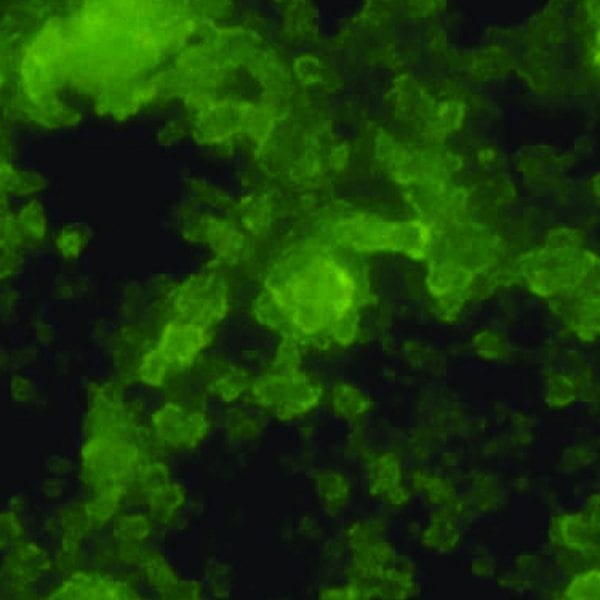

Stimuli-sensitive drug carriers can aid in the treatment of diabetes as glucose biosensors and glucose-triggered insulin delivery systems.
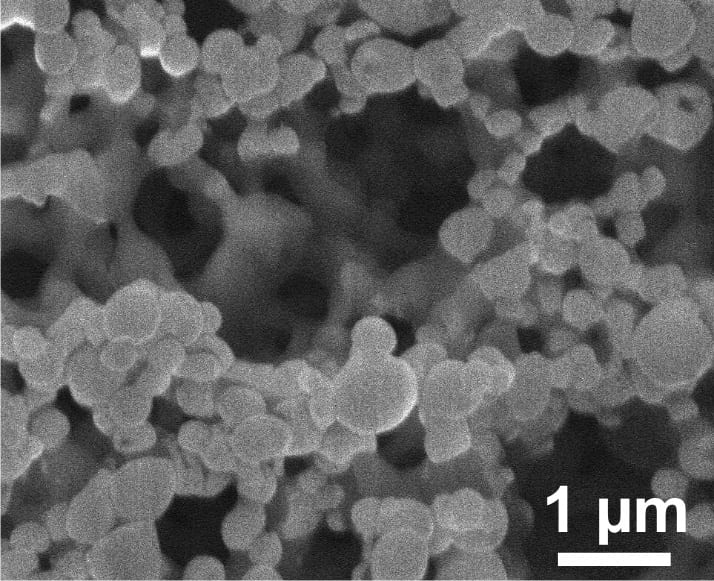
Researchers have developed a network of nanoscale particles that can be injected into the body and release insulin when blood-sugar levels rise.
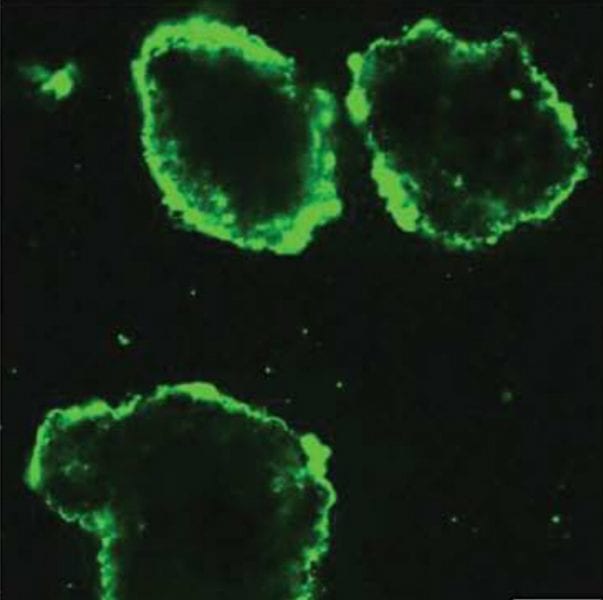
American researchers report new coating to improve promising treatment for Type 1 diabetes.

The protein helps convert white fat tissue into calorie-burning beige fat, providing a potential target for weight loss and obesity treatments.
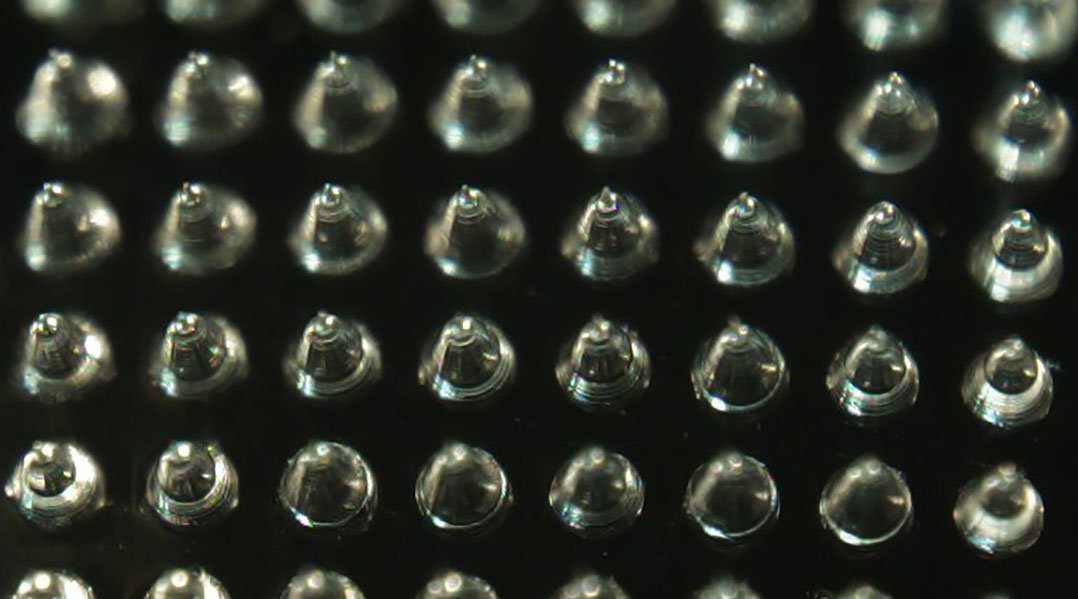
Microneedles allow scientists to precisely control the delivery of drugs to chronic wound sites and restore natural healing processes.

Researchers have discovered that a protein produced by parasitic worms in the gut enhances wound healing in mice.
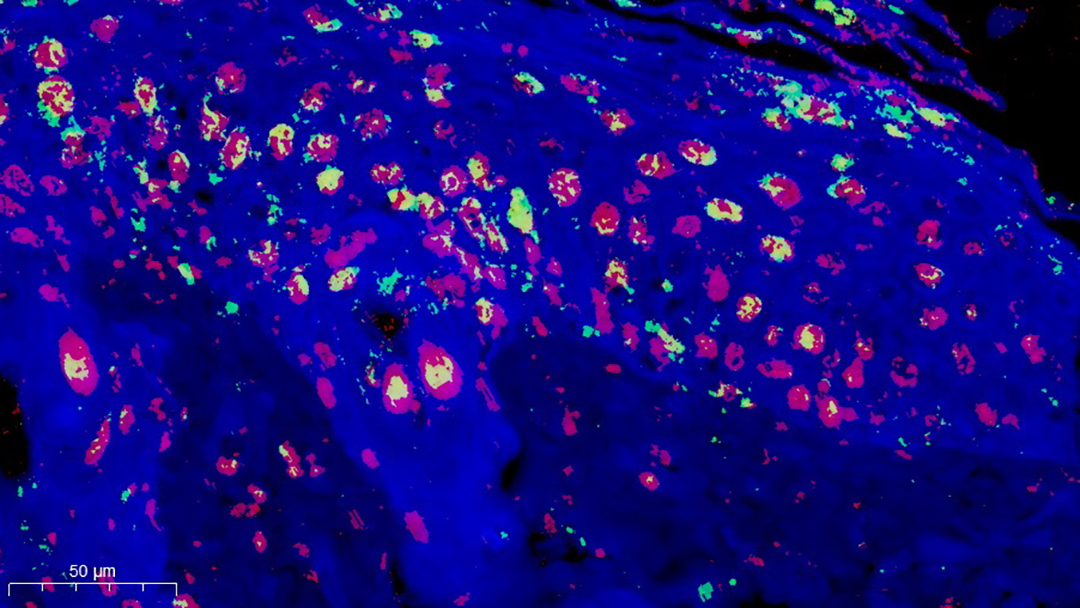
Zwitterionic hydrogels boost healing in diabetic wounds by balancing the immune response, reducing inflammation, and promoting tissue growth.

1 in 10 women suffer from polycystic ovarian syndrome, yet its fundamental workings remain largely unknown.
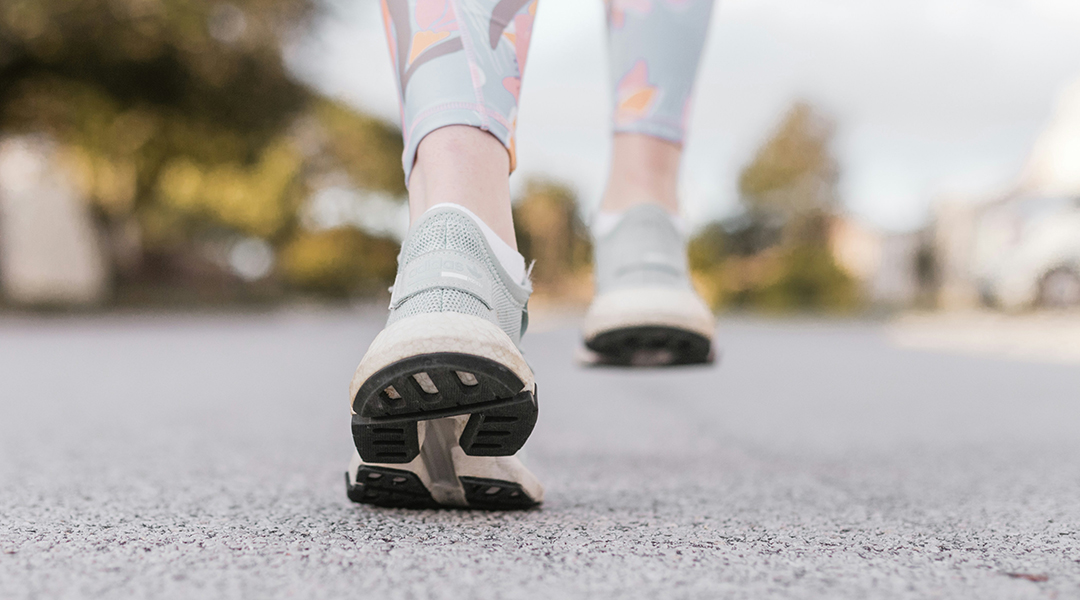
An electronic sock detects an “unhealthy” walking style linked with diabetes and poor circulation to prevent foot ulcers and amputation.
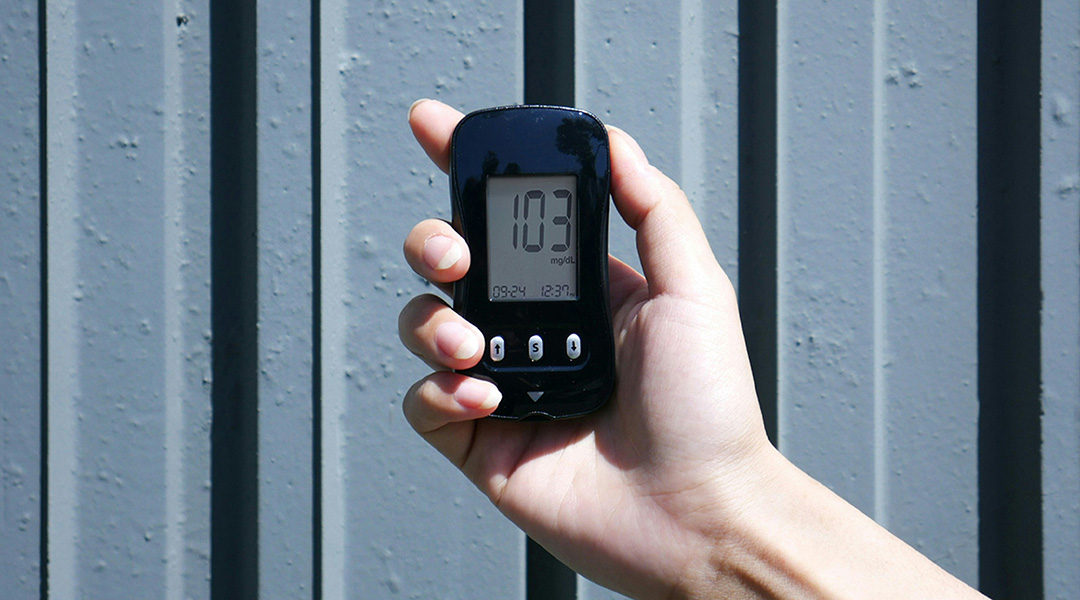
An energy-harvesting wearable patch continuously monitors blood sugar levels via sweat to prevent hypoglycemic events in diabetic patients.